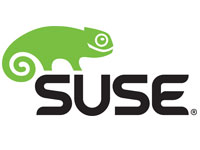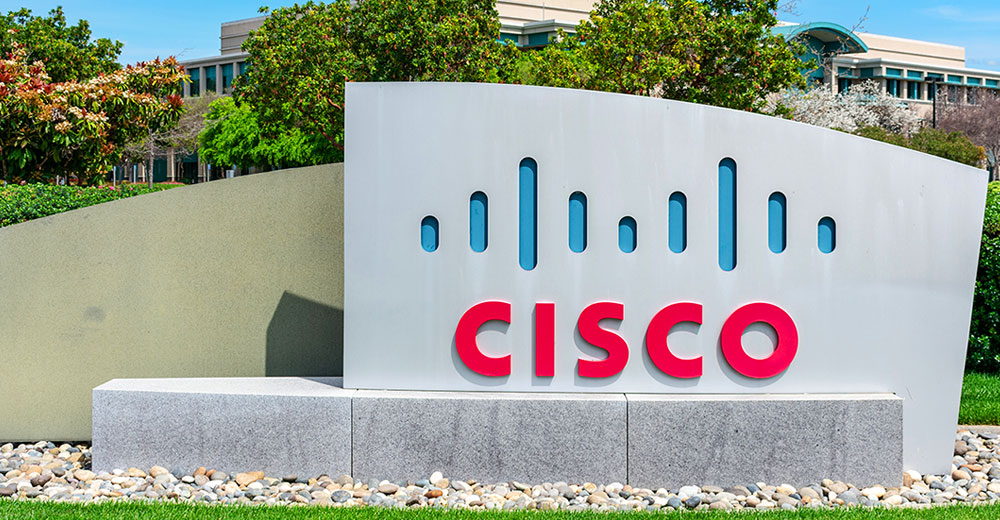McAfee on Monday introduced its Cloud Workload Security v5.1, which represents the first solution for open source containers, at the RSA conference in San Francisco.
McAfee CWS v5.1 secures Docker workload and servers in public and private cloud environments by quarantining infected workloads and containers in a single click, the company said.
“McAfee Cloud Workload Security enables organizations to secure cloud workloads and containers across AWS, Azure, VMware, and their private cloud, addressing key security, compliance and governance requirements so that they can accelerate their business in the cloud,” said Rajiv Gupta, senior vice president of the cloud security business unit at McAfee.
CWS v5.1 will be available in the second quarter of 2018.
Expanded Capabilities
McAfee CWS is designed to help server security administrators on point for both private and public cloud data center environments, said Dave Bull, director of product marketing at McAfee.Infrastructure as a Service has grown rapidly, he noted, with 65 percent of organizations having a cloud-first initiative.
“McAfee has provided strong server protection technology for years, especially for virtual environments, but as organizations transform their environments to lean on cloud platforms like AWS and Azure, our customers desired solutions tailored for the unique needs of the public cloud,” Bull told LinuxInsider.
The idea was to manage both on-premises and cloud workload security solutions within the same management console, which is what CWS was built to do, he said.
The threat of data loss is not unique to a cloud environment, but how you protect against that loss “when some or all of your sensitive information is in the cloud” requires a different approach, Bull added.
“Automated testing for configuration or compliance assessments become more important due to the sense of limited visibility in the cloud, and we have seen this with so many breaches over the past year due that exact problem,” he explained.
The situation is the same when it comes to other traditional threats, he said, such as denial-of-service, account hijacking, social engineering and operating system-based attacks.
Growing Market
The use of containers has grown rapidly in recent years, indicates McAfee’s report, “Navigating a Cloud Sky,” released Monday. Eighty percent of survey respondents said they either were experimenting with them or using them.
Despite that growth, only 66 percent had a strategy to apply security to containers, McAfee found.
“Introducing support for containers is truly table stakes at this point for any vendor in cloud security,” said Sam Bisbee, CSO at Threat Stack.
“Today, vendors with traditional on-premises security offerings have a steeper climb to meet the requirements of hybrid, multicloud and cloud-native enterprises — with parity to cloud-native security offerings,” he told LinuxInsider.
Ninety percent of participants in a recent Threat Stack survey said they would be using containers within the next year, Bisbee pointed out, noting that as containers continue to proliferate, so do the security and compliance isues that surround them.
McAfee’s new activity in the containers space follows Intel’s move to sell a majority stake in the operation to TPG, noted Paul Teich, principal analyst at Tirias Research. However Intel will retain a minority stake in the firm.
“McAfee Cloud Workload Security seems aimed at smaller managed service providers and at enterprise private clouds,” Teich told LinuxInsider. “These are the markets both Intel and McAfee are focused on retaining as new processor alternatives and new security models are adopted faster by the larger public cloud suppliers.”






















































